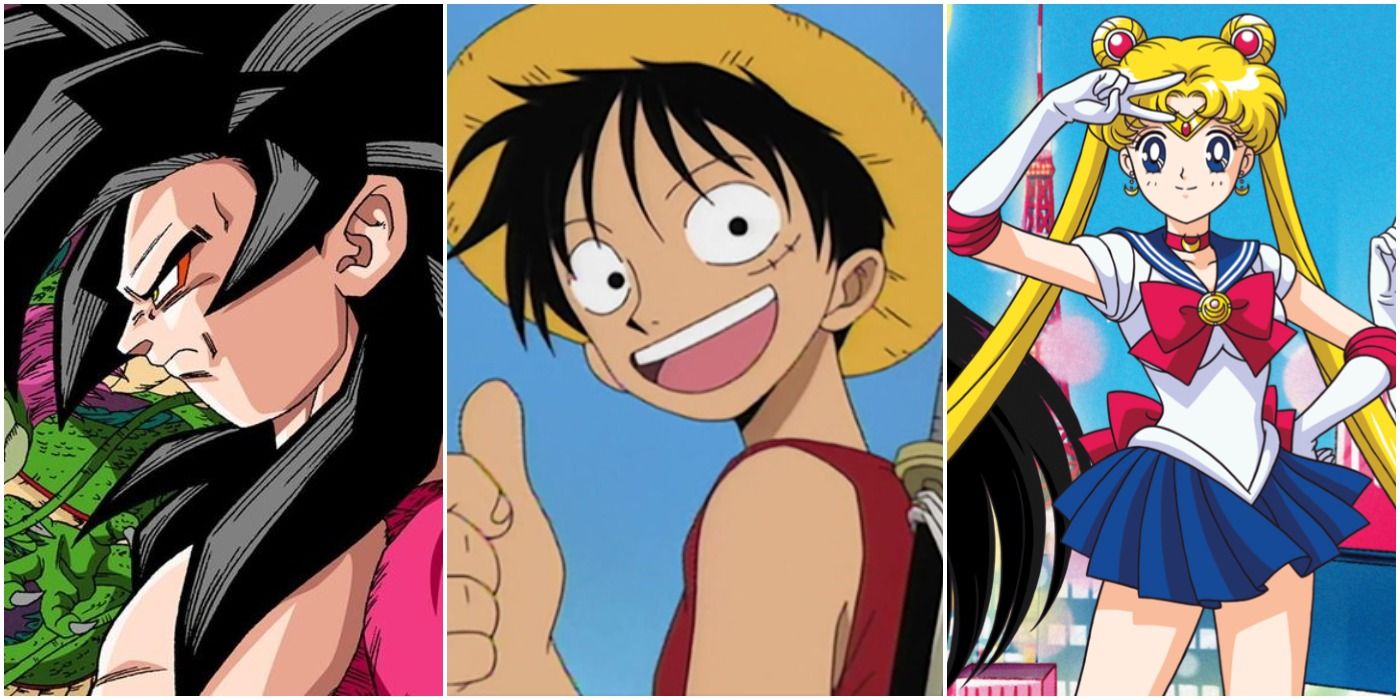
When it comes to localizing popular Anime from Japan, Western Studios are tasked with making the content appropriate and relatable for American audiences. As a result, the source material is often obscured, and context gets inevitably "lost in translation." In an attempt to alter Japanese cultural references and nomenclature, the dubs remove content with broad strokes, often disregarding vital thematic elements of original Anime.
It's worth noting that many dubs are true to their source material; however, due to aggressive localization regulations, there's an unfortunate loss with many translations resulting in their inability to capture the same impact they have in Japan. That being said, some of these entries may be surprising to longtime fans of the genre.
10 Tenchi Muyo!
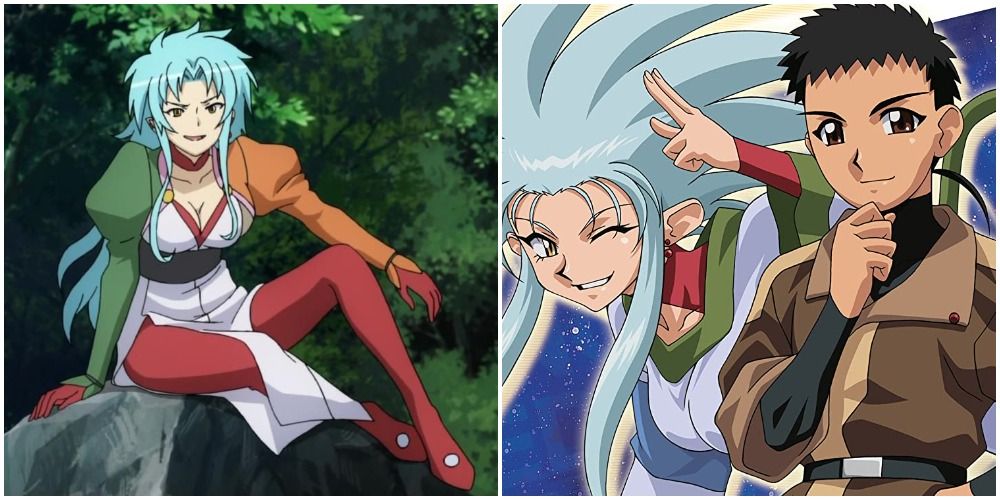
In 2000, Toonami aired dubbed episodes of the popular anime, Tenchi Muyo!. Many of the scenes take place in a typical Japanese bathhouse, and to make the series appropriate for American audiences, these segments required heavy editing.
Any scenes that included nudity had to be edited, giving the characters bathing suits or towels. For American TV censors to approve the episodes, any implied nudity had to be edited as well, even if a character was originally illustrated wearing a towel. They also notably toned down some of the more graphic fight scenes.
9 Dragon Ball GT
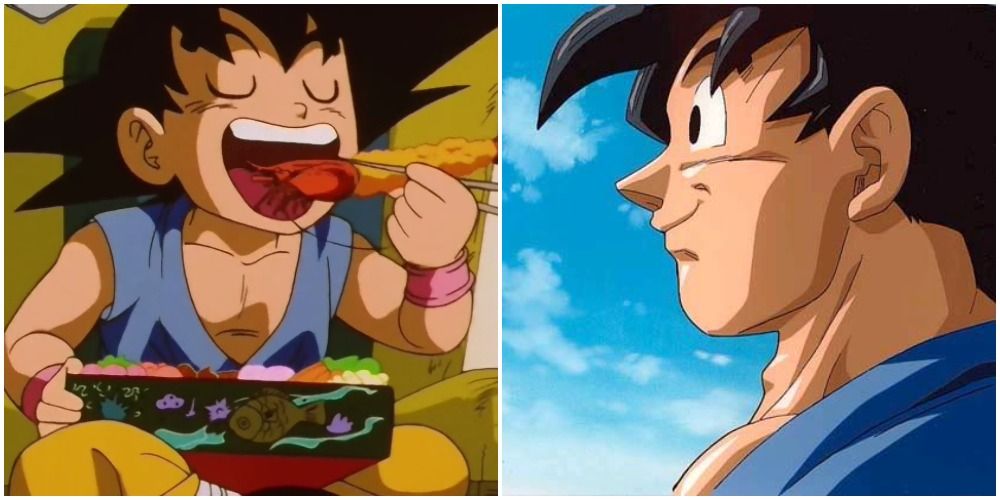
Most people who have heard of Anime are familiar with the Dragon Ball franchise. However, what fans may not know, is that the Dragon Ball GT was heavily censored for American audiences, losing essential elements of the action-packed Anime.
Aside from changing surface-level elements like creating a new intro and changing the background music for many scenes, the GT dub changes story elements, which would otherwise drive the plot. Most noticeably, Funimation's dub starts at episode 17, removing the preceding episodes that introduce the story's arc.
8 One Piece
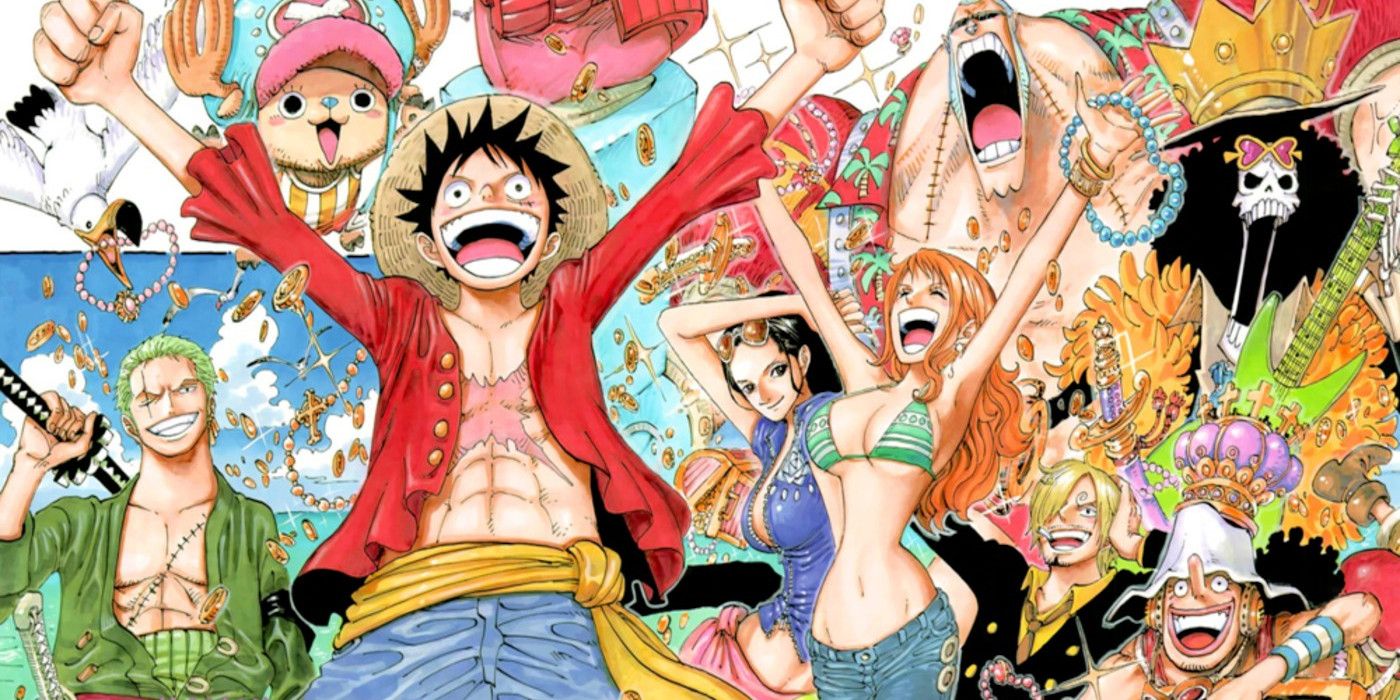
4kids Entertainment's American dub of One Piece has sparked contentious debates due to its heavy censorship. As a result, the context was effectively obscured, creating numerous plot holes throughout the series.
For example, characters killed in the Japanese version were instead "kidnapped" in the American release, only to disappear from the series, like a family dog who goes off to live on a farm upstate. Additionally, in an attempt to be politically correct, skin tones were "lightened," which unsurprisingly produced the opposite result.
7 Digimon
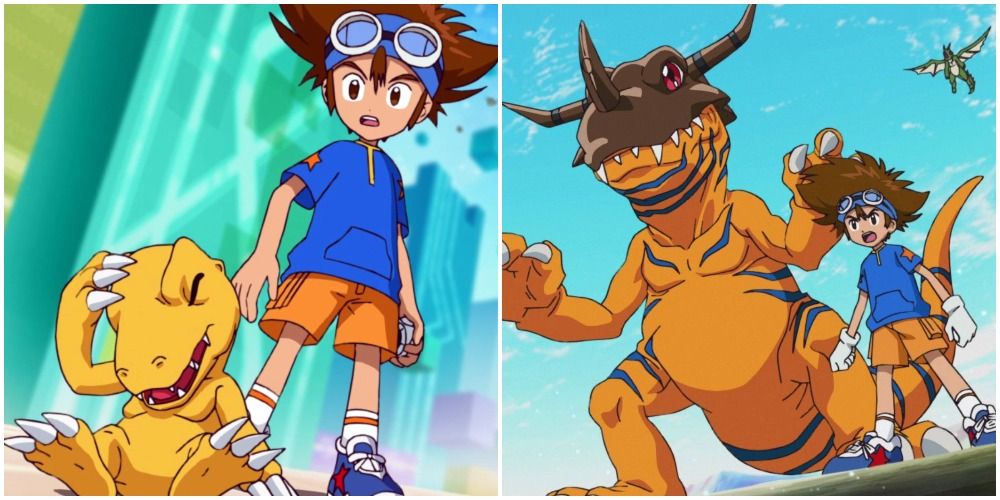
Digimon, which is intended for kids, seems unassuming, yet it suffered the same censorship of many other entries on this list. As a byproduct of Digimon's localization, many character names were changed, and any references to religion were removed. Scenes with Buddhism were obliterated and replaced with nondescript chanting.
Considering the series features epic Digimon battles, it's not surprising that many of the more violent segments had to be removed for American audiences. Except in the case of Gargomon, all references to guns were removed as well.
6 Glitter Force
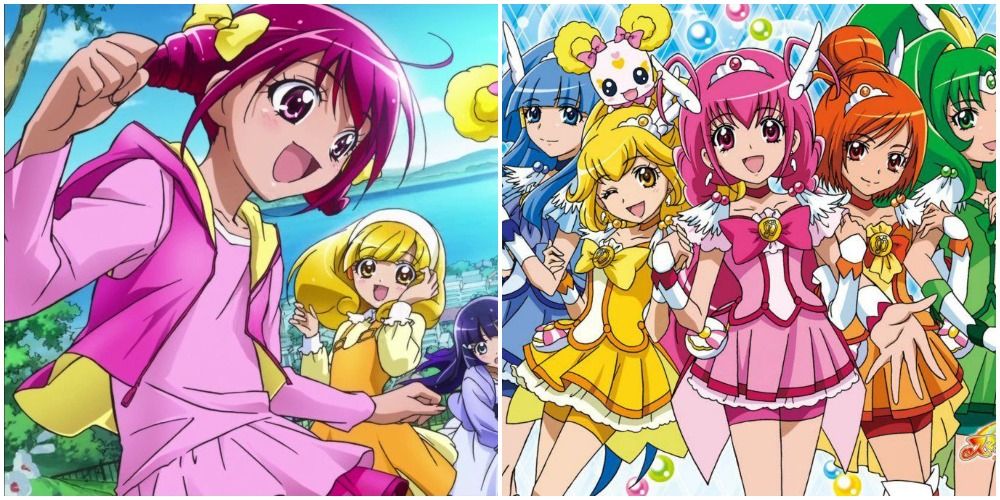
The popular Anime, Smile! PreCure had its entire name changed for its American Dub and Netflix release. Known in America as Glitter Force, the series is aimed at younger audiences, requiring some significant editing.
Saban Entertainment wanted Glitter Force's settings to feel more relatable to American audiences, ultimately removing Japanese cultural references. For example, two episodes featuring a popular Japanese cuisine were deleted. Not only that, but an episode was also chopped because it included references to Japanese comedians.
5 Doraemon
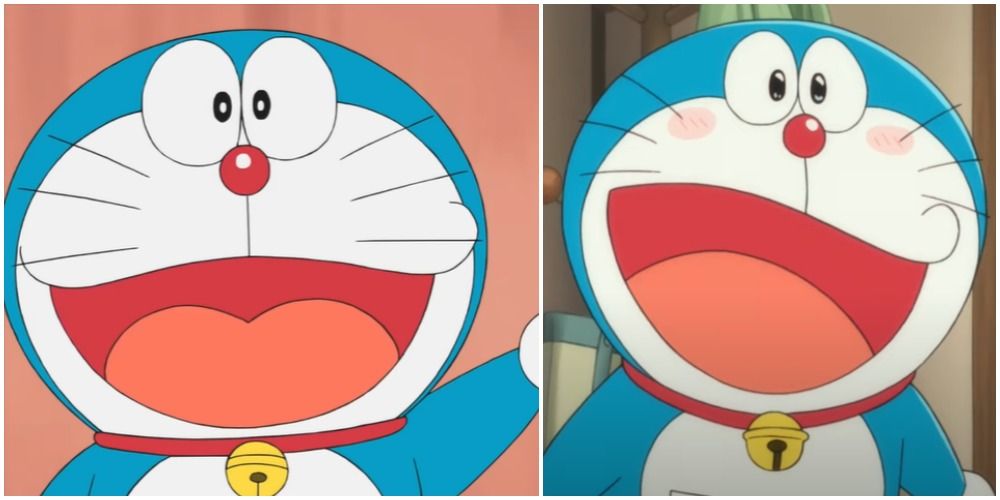
Back in 2014, Disney XD introduced the American dub of Doraemon, a well-established series in Japan. In addition to the typical changes like names and Japanese text, Disney XD also made some questionable alterations regarding the food of the series.
In fear of promoting unhealthy eating habits to impressionable children, Disney XD edited scenes with "unhealthy" snacks, replacing the sweets with fruit instead. Additionally, chopsticks were swapped with forks and knives to make the content more relatable to Western audiences.
4 Cardcaptor Sakura
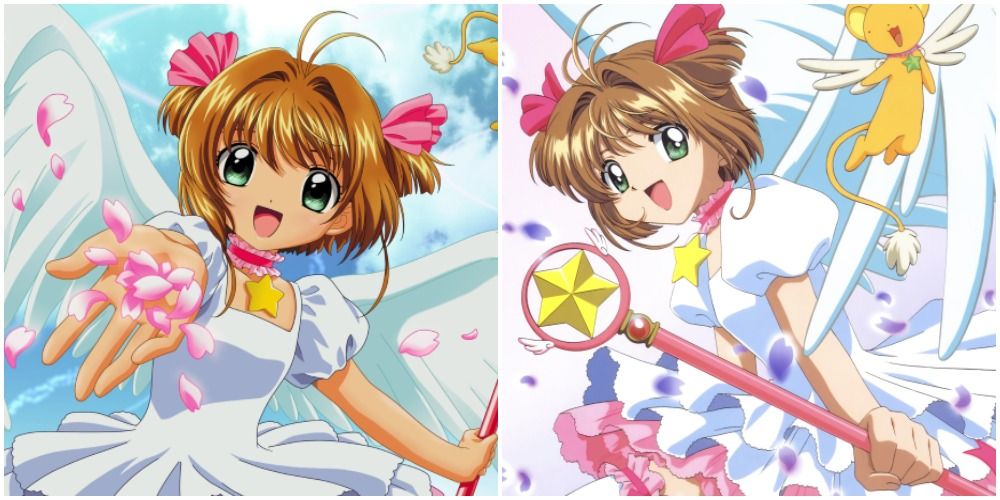
Like Glitter Force, Cardcaptor Sakura suffered a name change upon its Western release. The localized dub was changed to "Cardcaptors" to make the show less focused on a single character, Sakura, and more on the "team" aspect.
The American version also confusingly starts on the 8th episode of the Japanese series, followed by the 12th episode. This understandably made the show's plot more challenging to follow, as many vital details were removed. Evidently, American studios felt the show would appeal more to boys if the story were more action-oriented, so they nixed episodes involving exposition.
3 Super Milk-Chan
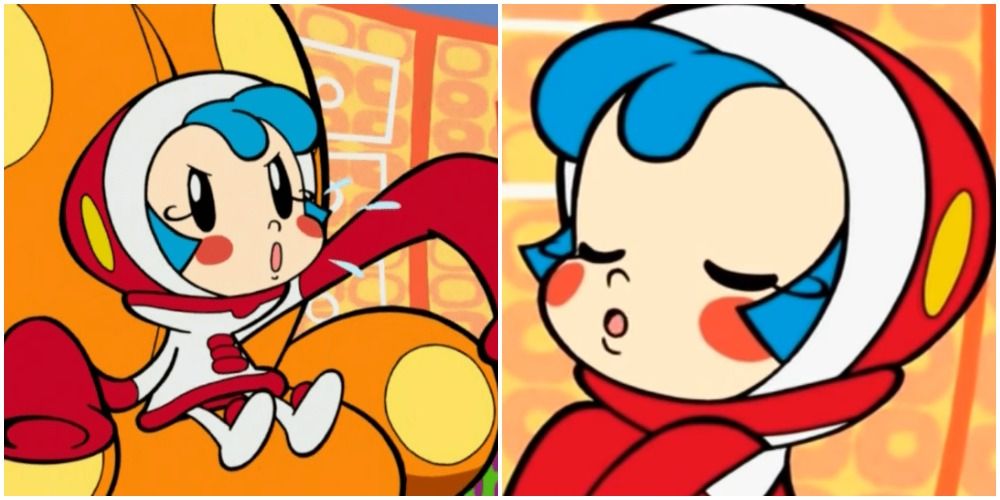
Super Milke-Chan is unique because it actually benefited from a "Westernized" dub. Initially, the series had a dub released on Adult Swim that was considered a "literal" translation; however, the content was not relatable enough for American audiences, as indicated by the show's poor reception.
Fortunately, Super Milk-Chan was not forgotten. Eventually, a rewrite was released that updated various pop culture references to become more relatable. The rewrite was more popular and arguably saved the show from obscurity.
2 Yu-Gi-Oh
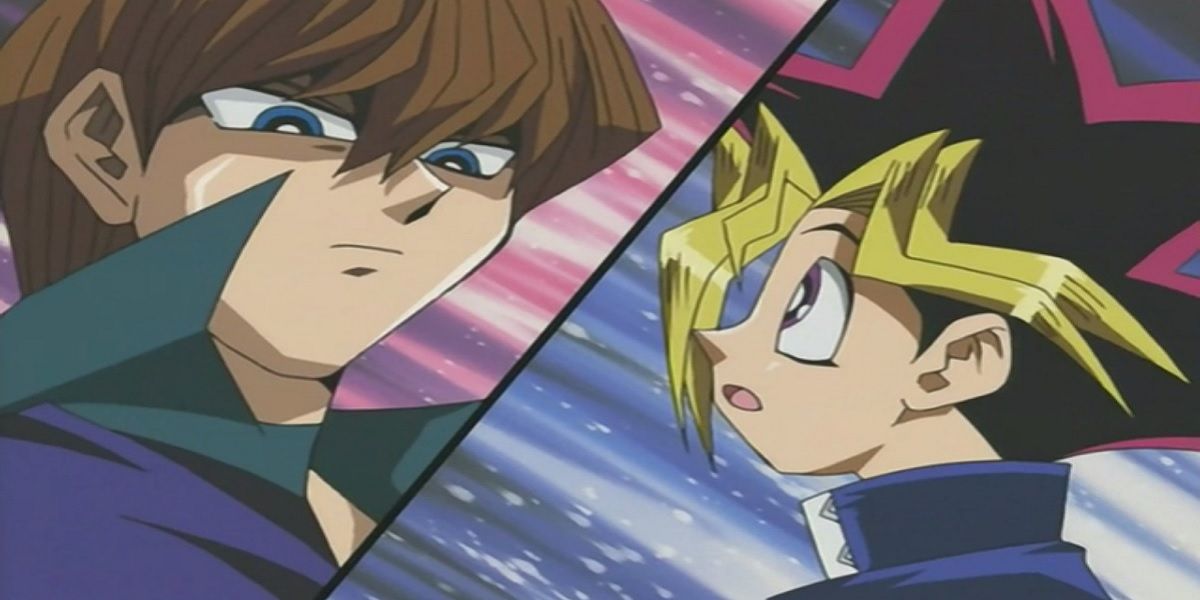
Yu-Gi-Oh! is an undeniably popular anime, an unfortunate victim of Western commercialism. 4kids Entertainment focused on merchandising rather than a faithful translation of the series.
Not only was any violence, blood, or gun-use removed, but the dub created an entire concept for the show to avoid having characters die. 4kids Entertainment introduced the "Shadow Realm" to Western audiences so that souls would be "trapped" rather than absorbed into the cards, like in the original Japanese version.
1 Sailor Moon
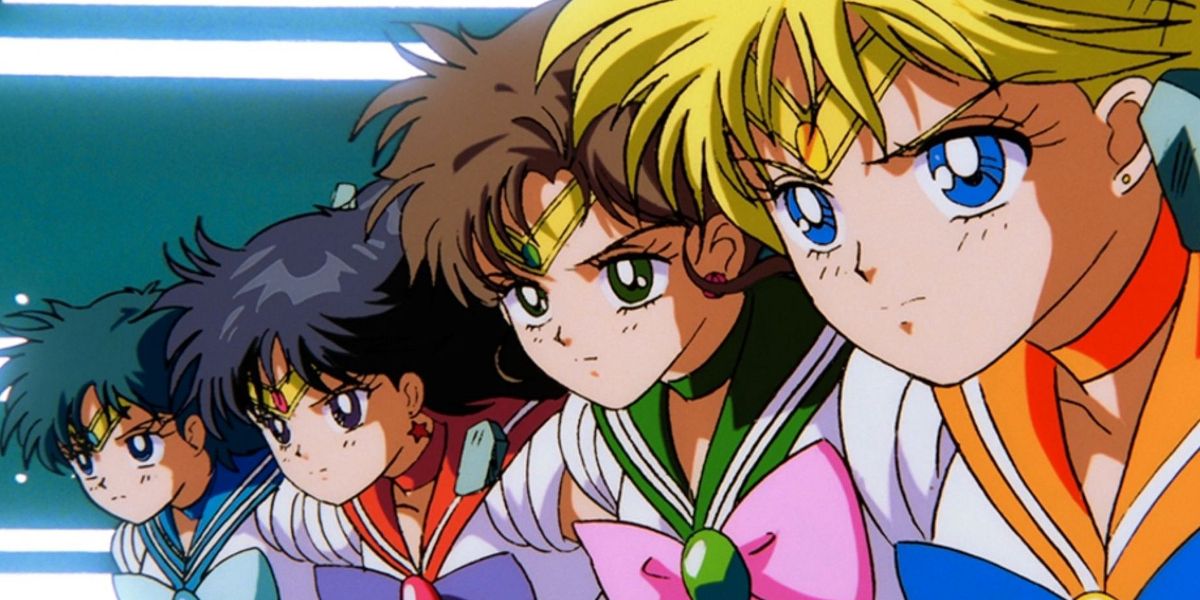
In the 90s, Sailor Moon helped popularize Anime with American audiences. However, what the franchise fans may not know was that the English translation changed some significant elements of the series.
Other shows have had several episodes cut. The Sailor Moon dub had an entire season removed for its Western release. The fifth season dealt with themes of "gender-swapping," which was deemed too contentious. Similarly, Sailor Neptune and Sailor Uranus' romantic relationship was changed, making the pair "cousins" instead.
0 Comments